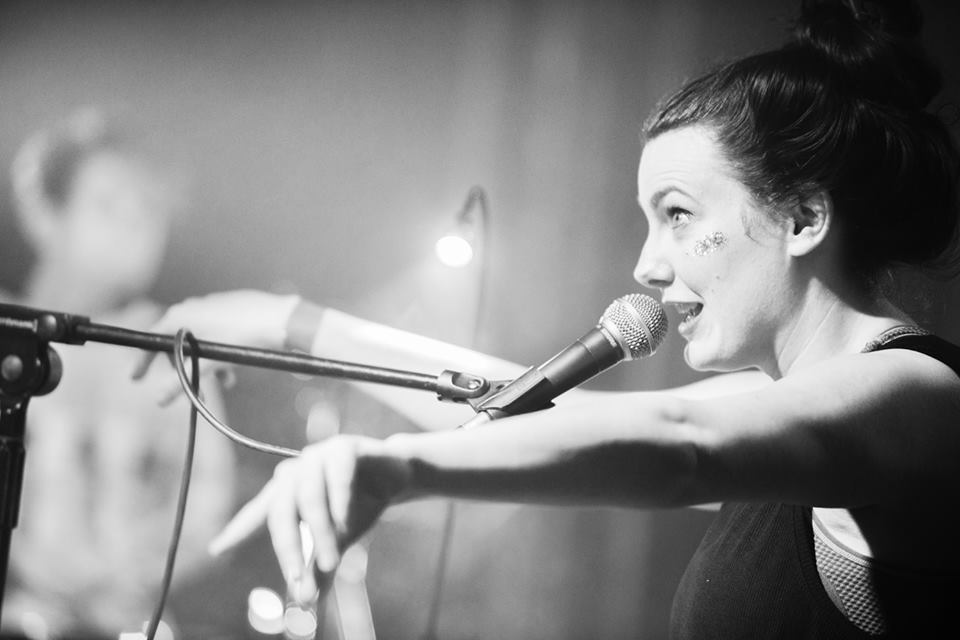
Eve Nicol (Photo: Sandra Franco)
Eve Nicol is interested in the reasons why having sex is so hard today. Michelle Dee catches up with the Glasgow-based playwright to talk about sex, online dating and gig theatre just in time for Middle Child ’s next show, One Life Stand, which drops into your local pub next month.
What was it that prompted you to write One Life Stand?
We started out being really curious about the fact that our generation are having sex less frequently than our parents’ despite a media landscape with images of sex all over the place.
Are we holding out for the ideal partner? We’re sold on the happily ever after story, the idea of one true love. One Life Stand is interested in if it is possible to have a loving, respectful relationship, where you sleep with other people in a social system in which monogamy is the protected default and not a choice.
The debate over how technology has crept into every aspect of our lives continues on a daily basis. Which side are you on?
Technology is a massive force for good but it can also serve as a huge drain on our time and focus. The expectation to always be ON is exhausting. One Life Stand is a celebration of the physical side of human relationships and the energy we get from face-to-face (or crotch-to-crotch) interactions with one another. I love how technology can make it easier to obtain that.
There are disaster date stories everywhere and the digital love cat is well and truly out the bag – how do we navigate this new dating playing field?
Digital offers us more choice. And with choice we become more picky and less able to stick by one decision. We won’t settle for anything less than a soulmate. Someone who is supposed to be our best friend, give us the best sex we ever had and be a dab hand with flatpack furniture. That’s a lot of pressure to put on one person.
Digital makes it easier than ever to explore different kinds of sex and love, other than the standard model of monogamy. But we’re fighting against an out-dated system that sees nearly half of marriages end in divorce.
What do you think it says about the human condition that everything in life is mediated through a screen? Where does that leave our ability to communicate and have meaningful interactions?
Humans have always been fascinated by our own image. We’re the only animal with that level of self-awareness, aren’t we. Screens are just the next stage. I believe people speak more honestly when they think no one is watching. Our phones are like portable confessional booths. We can project what we want onto them and that can give depth to our lives as we explore other versions of ourselves.
But apps and phones are designed to be addictive, designed to keep our focus and so they become portable advertising boards for the mainstream instead. We are still in the early days yet. Let’s see how badly the next generation is fucked up by it.
Can you explain a bit about the process of writing and adapting the ideas to work as a gig theatre piece.
I’ve been comparing it to making telly. What is it that stops your audience from changing the channel. Gig theatre shares a lot with the ceilidh theatre tradition in Scotland, where I’m from: its directness, informality, subject matter, love of a song and its politics.
It hasn’t really been a case of adapting ideas, more working within a familiar form: but electrified.
How did you choose the music? How did you go about linking the music to the drama?
Our starting reference point was “a rainy city at night-time” and we swapped links to a whole range of artists including albums by Hot Chip, where the show’s title is borrowed from, The National, the XX and Honeyblood.
Honeyblood and Middle Child associate artist James Frewer have been creating an original score for One Life Stand. I have been listening to the demos when I’ve been writing and even when I’m not. There’s some really cool riffs in there. We’ve set out the music like an album tracklist, the dialogue, music and lyrics all working together to make each moment cohesive.
What was it about Honeyblood that made them right for this project?
Honeyblood’s music is effortlessly urban and cool, but has a wildness that howls at the moon at midnight. It has been great to see how Cat Myers and Stina Tweeddale work together and can so quickly piece together a big noise. Stina is brilliant at pulling out lyrics from my notes about sexual quirks and making something a bit grubby sound beautiful.
This is your first professional writing commission; how did you deal with the pressure?
I’ve been given loads of room to explore the stories that interest me and how I want to tell them.Although it is my first professional production I’ve never felt like I’ve been working alone, there’s a whole team behind this production. Middle Child are experts leading the field in gig theatre.
One Life Stand is a piece of new writing so we’ll still be working on it through rehearsals and then looking to see how it goes down with audiences.
What would you say to someone who says, ‘Theatre? It’s just not my thing.’
Come along to our Pay What You Want show on 10 July at New Trinity Club and dare us to change your mind. Middle Child go all out to show you a good time. Just get out of the house. You might meet the love of your life or at least someone for the night.
I’ve never signed up to a dating site let alone swiped left or right on an app… why would I come see One Life Stand?
With One Life Stand we’re interested in why sex is so hard today, how smartphones, apps and the shift in the way we communicate has played a role in that. One Life Stand is for people who see their phones as much a part of their daily lives as their work, their family and their friends.
Join the cast of One Life Stand in their late-night search for intimacy across a hyper-connected, hyper-sexualised city, at venues across Hull from 6-12 July.
